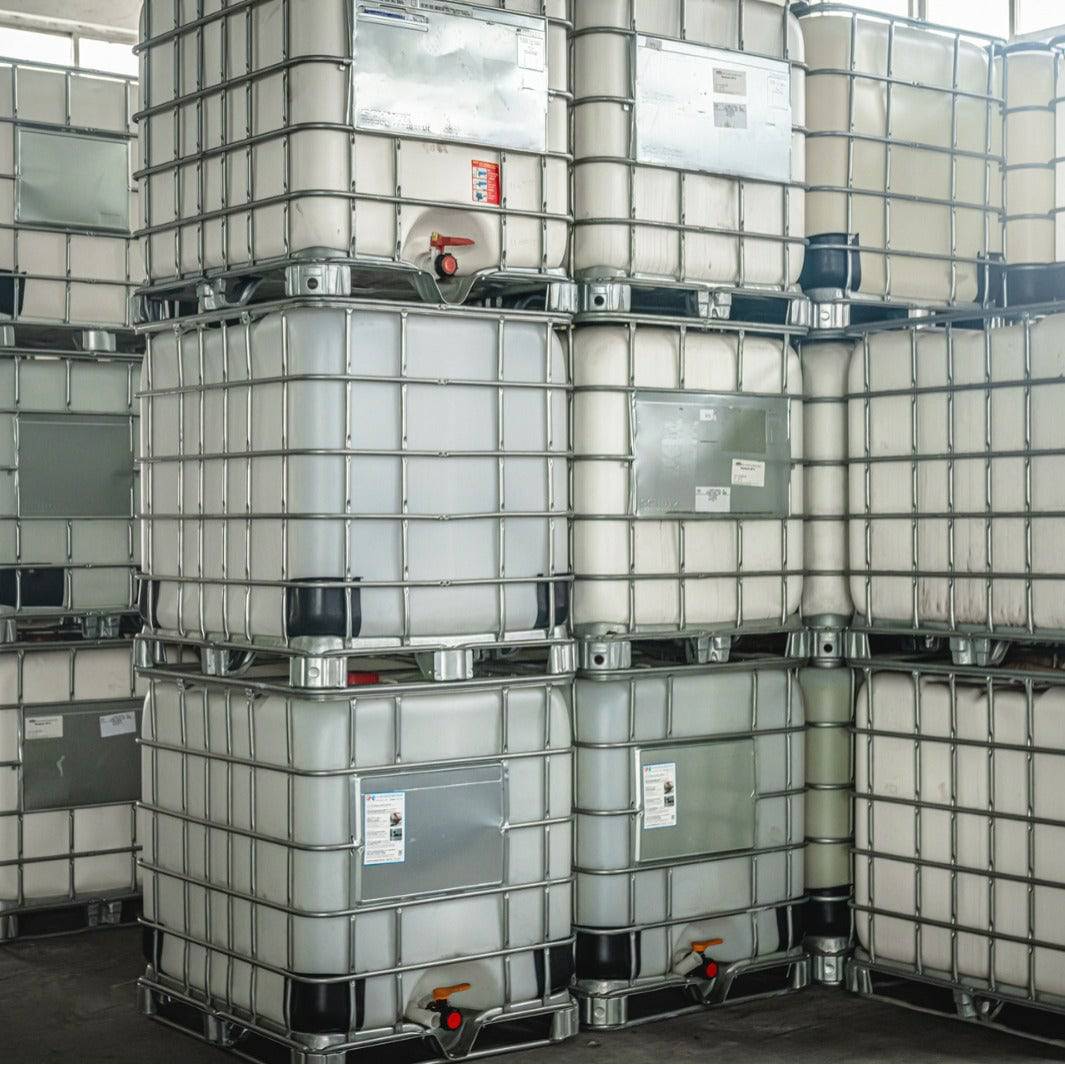The Value of Thermal Security in Heat Transfer Fluid Choice
The Value of Thermal Security in Heat Transfer Fluid Choice
Blog Article
The Role of Heat Transfer Liquid in Enhancing System Efficiency and Security
In the ever-evolving landscape of industrial processes, heat transfer liquids (HTFs) emerge as pivotal components in optimizing both system performance and security. These specialized fluids, recognized for their remarkable thermal conductivity and controlled viscosity, enable effective warmth exchange, which is crucial for streamlined operations.
Understanding Heat Transfer Liquids
Warmth transfer fluids, typically considered the lifeline of thermal management systems, play a crucial duty in controling temperature across numerous commercial applications - heat transfer fluid. Industries such as chemical handling, power generation, and manufacturing rely on heat transfer liquids to ensure devices runs efficiently and safely.
The selection of an appropriate warm transfer fluid is essential to the success of a thermal administration system. In summary, a thorough understanding of heat transfer liquids is essential for maximizing system performance, making certain operational safety, and attaining economical thermal administration solutions.
Trick Properties of HTFs

The certain warmth capacity of an HTF defines the amount of warm energy needed to transform its temperature, influencing how effectively the system can respond to temperature variations. The boiling and freezing points of HTFs additionally play a critical role, especially in systems subjected to extreme temperature levels, ensuring liquid security and preventing phase changes throughout procedure.
Enhancing System Efficiency
To enhance system performance with warm transfer liquids (HTFs), it is crucial to incorporate a comprehensive method that thinks about both fluid residential or commercial properties and system layout. The selection of an appropriate HTF is critical, as its thermal conductivity, viscosity, and particular heat ability straight affect the efficiency of warmth exchange.
Equally crucial is the layout of the warm transfer system itself. The surface area and product of warm exchangers ought to be optimized to make the most of heat transfer efficiency.
Boosting Operational Safety And Security
Guaranteeing functional safety in warm transfer systems requires a meticulous focus on both the homes of warm transfer fluids (HTFs) and the style and upkeep of the whole system. HTFs must possess thermal link security, reduced flammability, and proper thickness to lessen dangers such as leakages, fires, and system breakdowns. Selecting the right HTF is crucial as it figures out the system's capacity to take care of temperature level fluctuations without compromising safety.
The design of the system ought to integrate redundancies and fail-safes to take care of potential risks effectively. This includes the integration of safety shutoffs, stress relief devices, and temperature level tracking systems to discover and resolve abnormalities immediately. Routine maintenance is essential to ensure that all parts, consisting of pumps, pipes, and seals, are working properly and are devoid of wear or corrosion, which can result in harmful leaks or failings.
In addition, employees liable for the procedure and upkeep of warmth transfer systems must be adequately learnt security protocols and emergency situation response procedures. Regular training programs and security drills can dramatically minimize the chance of accidents, making sure a much safer working setting. Ultimately, an extensive method to security-- encompassing liquid option, system style, and workforce training-- is indispensable for ideal operational security.
Industry Applications of HTFs
Commonly used across numerous fields, heat transfer fluids (HTFs) play an essential duty in improving the efficiency and reliability of thermal monitoring systems. In link the chemical industry, HTFs are indispensable for preserving exact temperature levels during reactions, guaranteeing item consistency and top quality. They assist in warmth exchange procedures in activators, condensers, and heat exchangers, thereby maximizing power usage and reducing waste.
In the oil and gas industry, HTFs are utilized in both upstream and downstream operations. They handle temperature in exploration procedures and boost performance in refining processes by giving steady thermal conditions. This results in reduced downtime and enhanced safety, particularly in essential procedures such as distillation and cracking.
The eco-friendly energy market also profits substantially from HTFs, particularly in focused solar energy (CSP) plants. Below, HTFs move caught solar energy to power generators, allowing efficient electrical power generation. The pharmaceutical industry depends on HTFs for precise temperature level control in both synthesis and storage, ensuring product efficiency and safety.


In addition, the food and beverage market uses HTFs for pasteurization, sanitation, and cooking processes, boosting both product safety and manufacturing performance. Across these sectors, HTFs function as essential elements in maintaining ideal operational efficiency and security.
Conclusion
Warm transfer liquids are necessary in improving industrial system efficiency and safety by supplying high thermal conductivity, optimum viscosity, this link and thermal security. Correct selection and maintenance of HTFs boost heat exchange performance, therefore boosting functional effectiveness. The reduced flammability of these liquids is critical for minimizing dangers and guaranteeing secure procedures. Comprehensive employees training and normal upkeep even more sustain the dependability and efficiency of industrial procedures, solidifying the vital role of HTFs in diverse applications.
Report this page